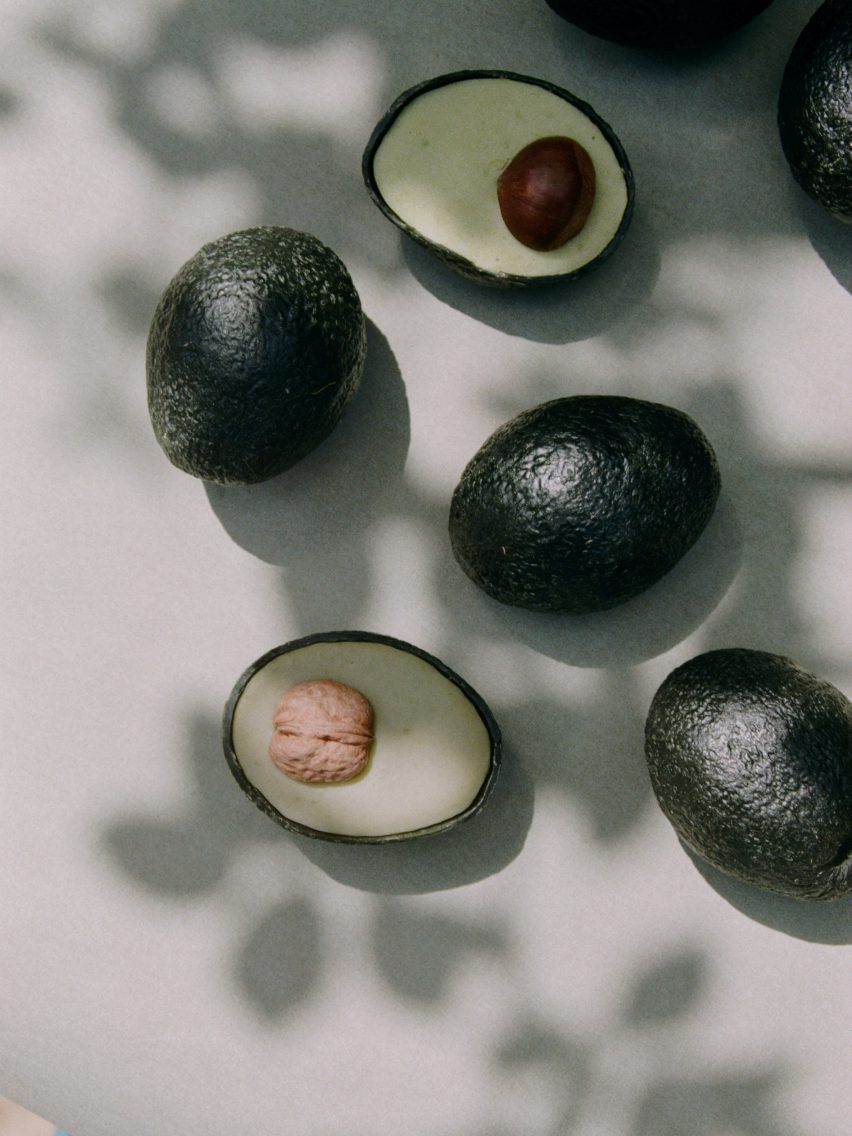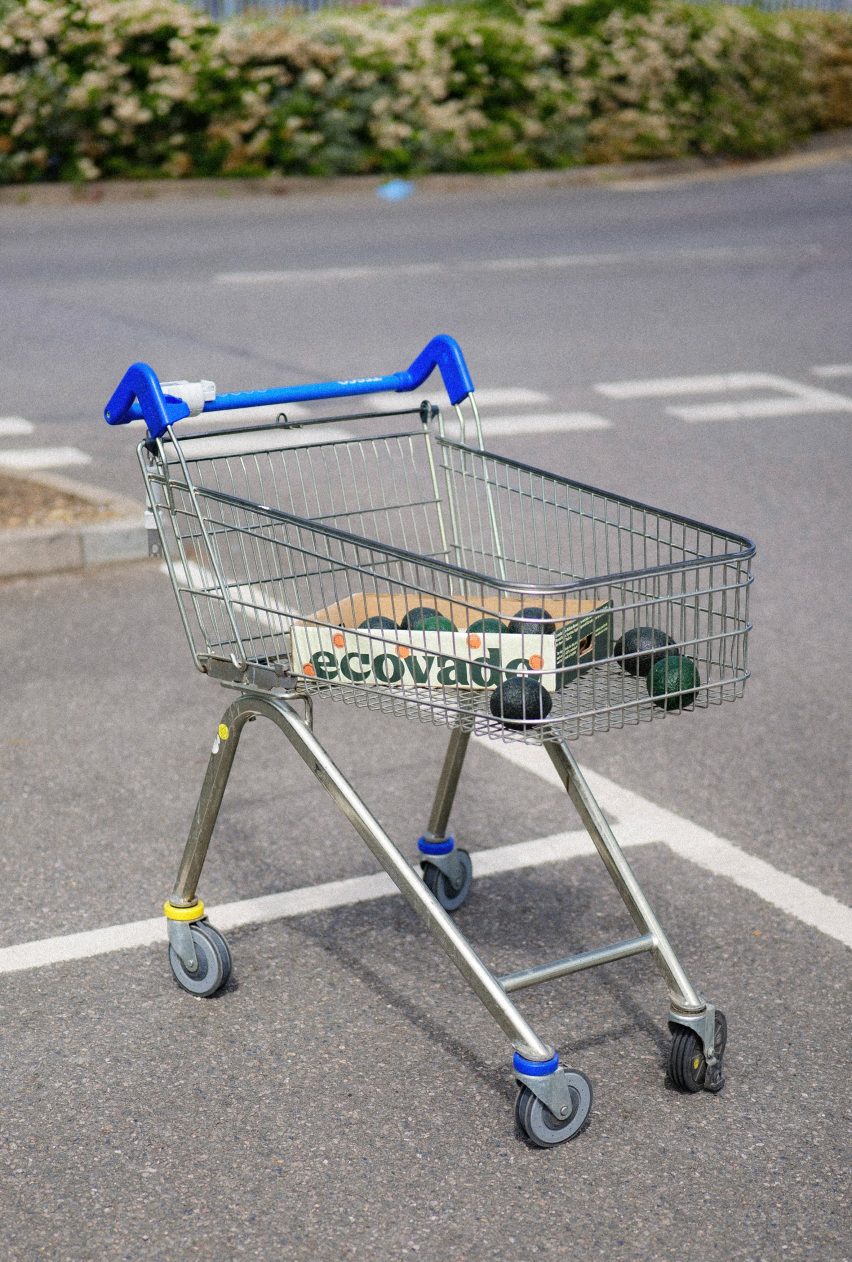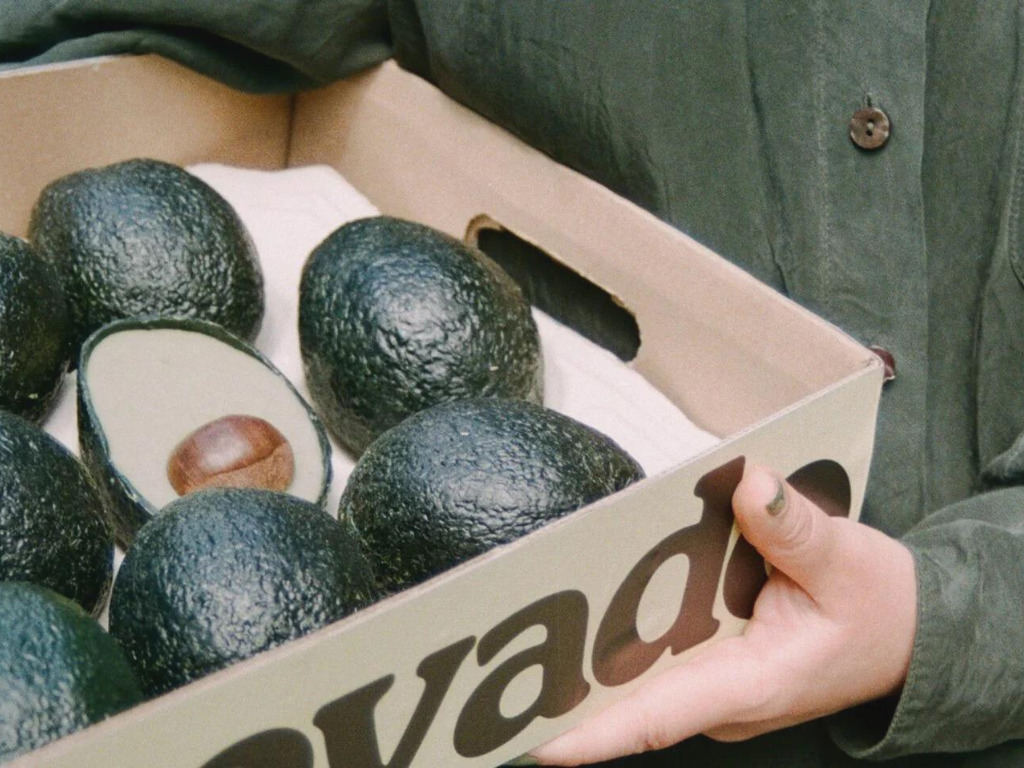2 Mins Read
We all know what happened in February when the U.S. temporarily halted imports of avocados from Mexico just ahead of Super Bowl Sunday. Could a sustainable faux avocado be the answer to that and avocado environmental impact? Meet Ecovado.
Made from a mixture of broad beans, hazelnuts, apples, and canola oil, a Central Saint Martins graduate has created Ecovado—an alternative to avocados that are supposed to mimic its flavor and texture without the environmental footprint.
Are avocados sustainable?
Avocados, like almonds, are inherently water-intensive— it takes between 1,000 and 2,000 liters of water to produce just one kilo of avocados. While many mature avocado trees can sustain themselves off of ground and rainwater, the demand for avocados sees a constant influx of new tree plantings. And parts of Mexico, which grows the majority of U.S. avocados, are in a major drought. Monterrey, Mexico, which is home to the chili peppers used in the popular sriracha hot sauce, recently put severe water restrictions in place for the city’s five million residents.

Arina Shokouhi, who developed the Ecovado, says while the trendy avocado is healthy and delicious, it is also one of the most unsustainable crops, “because of their delicate, easy-to-bruise nature, and the plantation-style monoculture farms required to meet the global demand for avocados are driving the deforestation of some of the most diverse landscapes in the world.”
Ecovado
Shokouhi developed the Ecovado for her final-year project, working with the University of Nottingham’s Food Innovation Centre to identify the exact chemical makeup of avocados. The goal was to use ingredients local to the U.K. to replicate the warm-weather fruit.

“The flavour of avocado is quite subtle and, overall, is most often described as ‘creamy’,” Shokouhi told Dezeen. “On the other hand, broad beans can contain quite a lot of bitter compounds called tannins and can have a beany flavour caused by lipoxygenase.”
“To reduce the bitterness, we reduced the amount of broad beans in the recipe,” she continued. “The flavour of avocado has been described as ‘nutty’. So we used creamed hazelnuts which would bring a good amount of fat, adding to the creaminess.”
The Ecovado even comes in a realistic, sustainable skin made from wax which can be upcycled into a candle, Shokouhi says.




